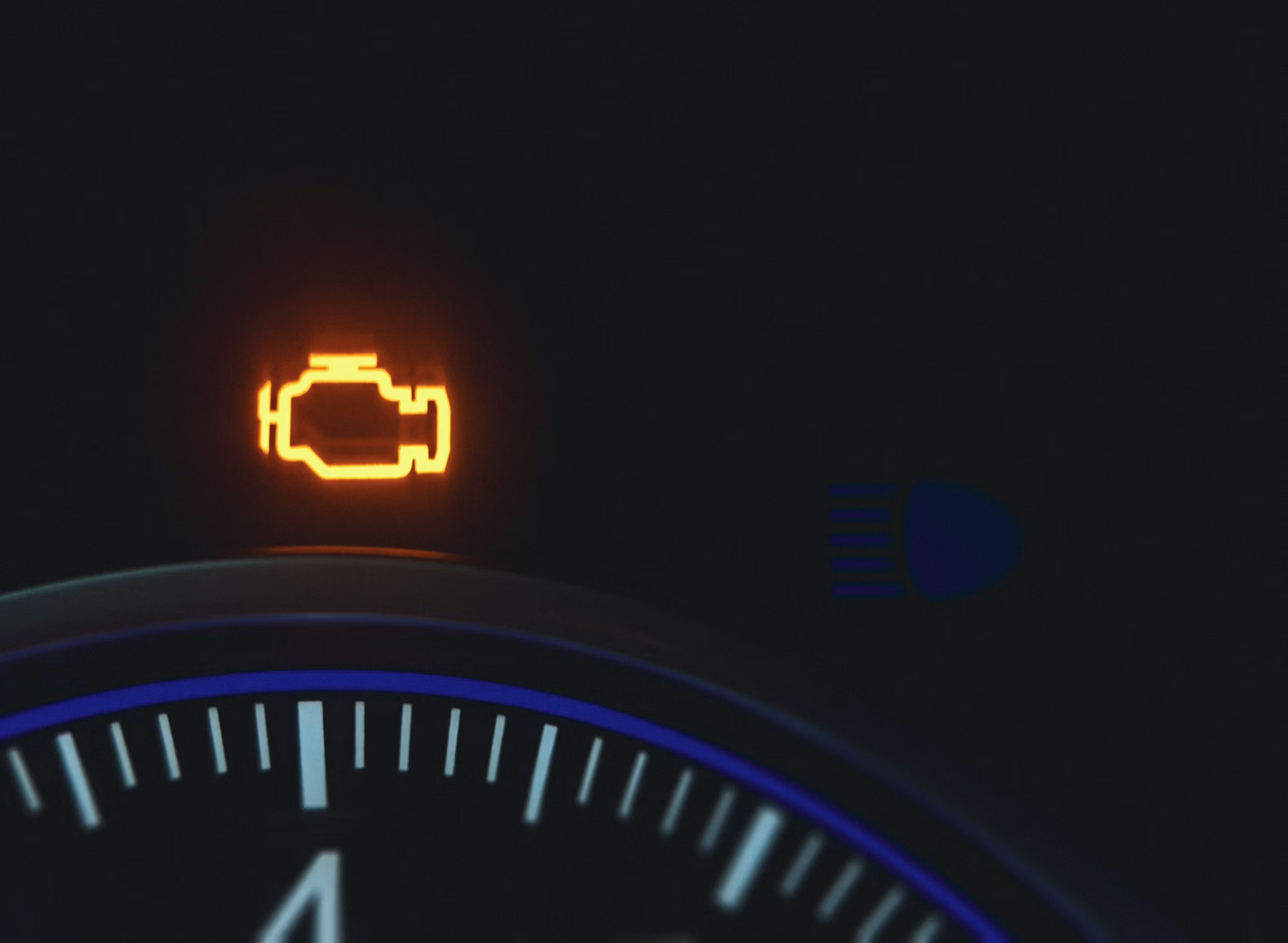
The blinking of a check engine light is a signal no driver wishes to see. It’s not just an indicator of trouble; it’s a warning that something may be seriously wrong with your vehicle. This article dives into the most common malfunctions that trigger this alarming signal and offers insights on how to prevent them.

- Ignition System Issues
One of the most frequent culprits behind a blinking check engine light is a problem with the ignition system. This includes issues with spark plugs, ignition coils, and the ignition module. Faulty spark plugs can cause misfiring, leading to inefficient combustion and increased emissions. Similarly, if the ignition coils or module are failing, the engine might not start or could run erratically.
Prevention Tip: Regular maintenance and timely replacement of spark plugs and ignition coils are crucial. It’s generally recommended to check spark plugs every 50,000 km and replace them as needed.
Modern vehicles are equipped with a multitude of sensors to monitor everything from oxygen levels to engine temperature. When sensors like the oxygen sensor or mass airflow sensor malfunction, they can feed incorrect data to the car’s computer system, leading to a blinking check engine light. These sensors are vital for maintaining the correct air-fuel mixture and ensuring efficient engine performance.
Prevention Tip: Keep your vehicle’s sensors in check by adhering to the manufacturer’s service schedule. Regular servicing often includes checks and cleaning of these sensors.
The catalytic converter is an essential component of the vehicle’s exhaust system reducing harmful emissions. When it fails, it can lead to decreased performance and reduced fuel economy and trigger the check engine light. A failing catalytic converter often points to neglect in maintenance or other underlying engine issues.
Prevention Tip: Regularly servicing your vehicle and addressing any engine issues promptly can prolong the life of the catalytic converter. Using the right type of fuel and oil also plays a role in its longevity.
A faulty fuel pressure regulator can lead to a rich or lean fuel mixture, causing the engine to misfire and the check engine light to blink. The fuel pressure regulator maintains the correct fuel pressure for the engine. When it fails, it can lead to various engine performance issues.
Prevention Tip: Have your mechanic do a fuel pressure regulator test during routine maintenance, especially if you notice symptoms like poor fuel economy or engine misfires.

- Exhaust System Leak
Leaks in the exhaust system, particularly near sensors, can lead to incorrect readings and a blinking check engine light. These leaks can occur in the exhaust manifold, gaskets, or even in the exhaust pipes themselves.
Prevention Tip: Regular inspections of the exhaust system can help catch and repair leaks before they become serious problems.
The emission control system, including the EGR (Exhaust Gas Recirculation) valve and the EVAP (Evaporative Emission Control) system, can also be responsible for a blinking check engine light. These systems are designed to reduce emissions and when they malfunction, it can significantly impact the vehicle’s performance.
Prevention Tip: Ensuring that your vehicle goes through regular emission checks and addressing any issues immediately can prevent problems with these systems.
Issues in the fuel system, such as a clogged fuel injector or a failing fuel pump, can also cause the check engine light to blink. A clogged injector can disrupt the fuel spray into the combustion chamber, while a failing fuel pump might not supply enough fuel to the engine, leading to misfires or a no-start condition.
Prevention Tip: Using quality fuel, regularly changing fuel filters, and having your fuel system inspected during routine maintenance can help prevent these issues.
Conclusion
A blinking check engine light is not something to ignore. It indicates that your vehicle needs immediate attention. Understanding the common causes behind this warning light and adhering to a strict maintenance schedule can significantly reduce the likelihood of these issues.
Regular checks of the ignition system, sensors, fuel system, and emission controls, along with timely servicing, can keep your vehicle running smoothly and prevent the stress and expense of major repairs. Remember, the key to a healthy vehicle lies in proactive care and maintenance. You can find More information on the website autodoc.co.uk to prevent such issues.
